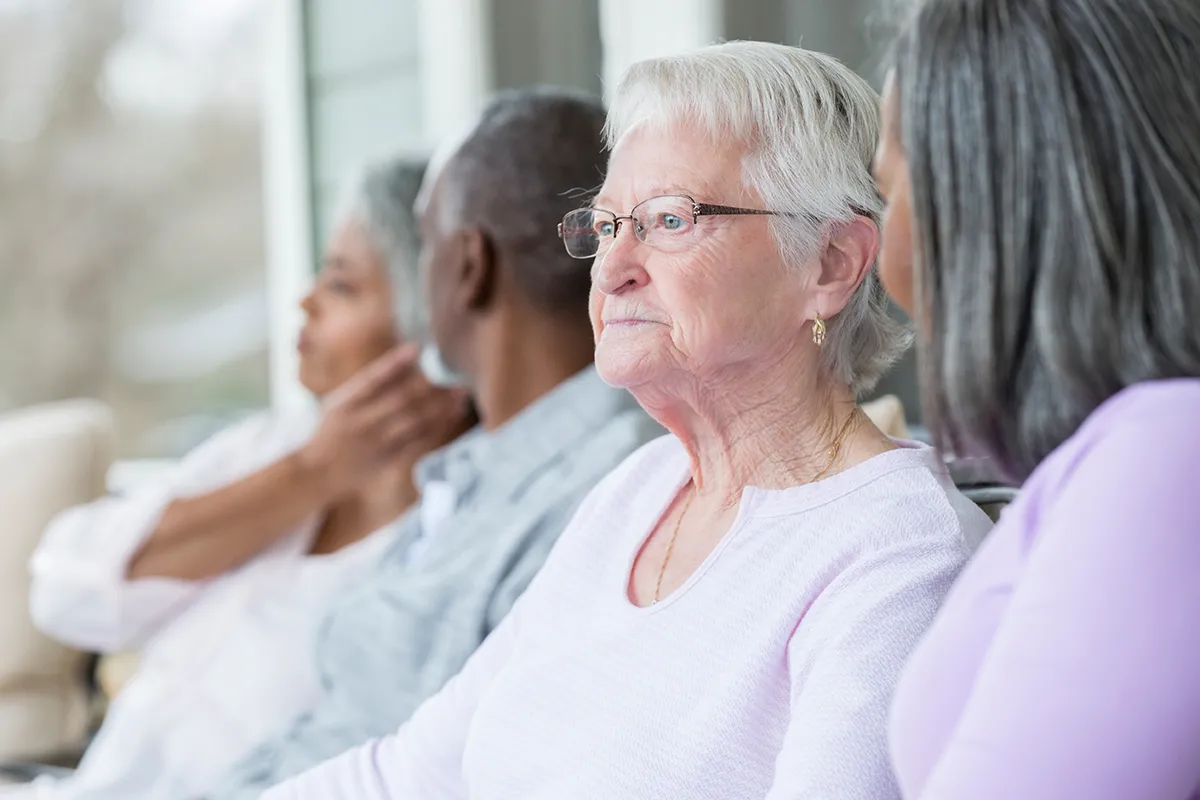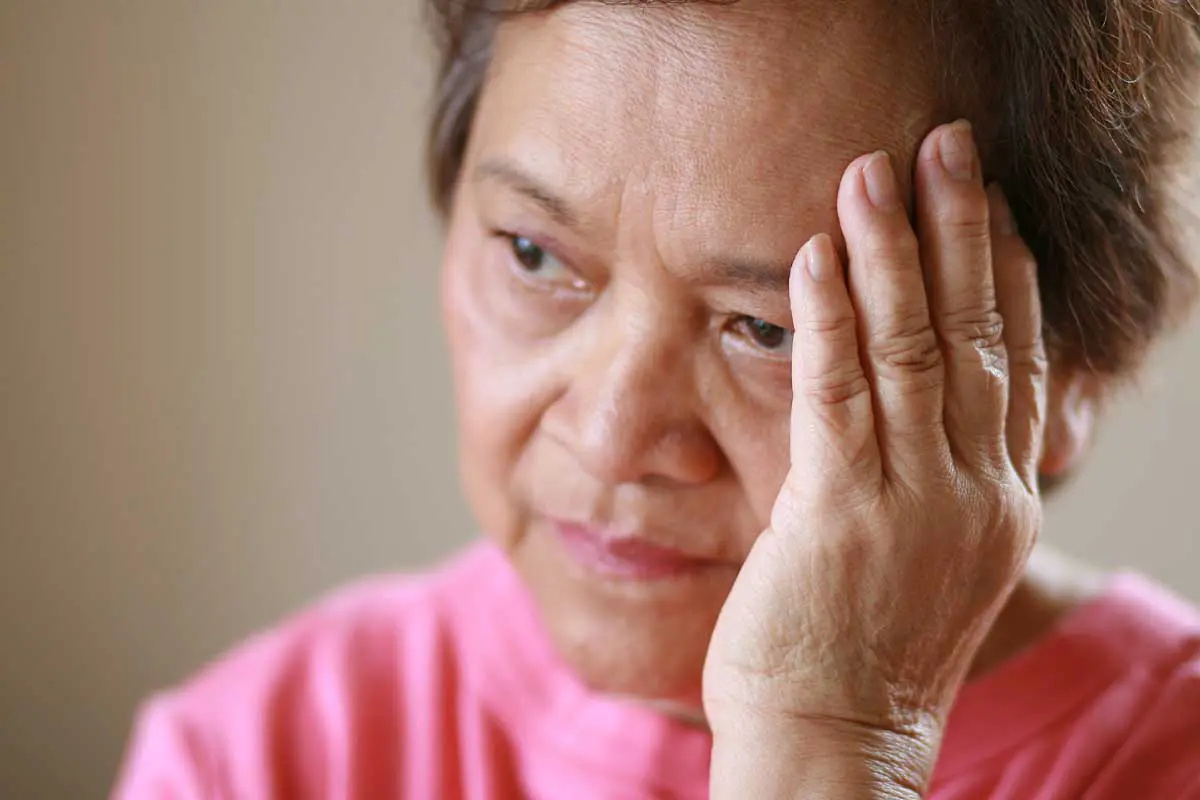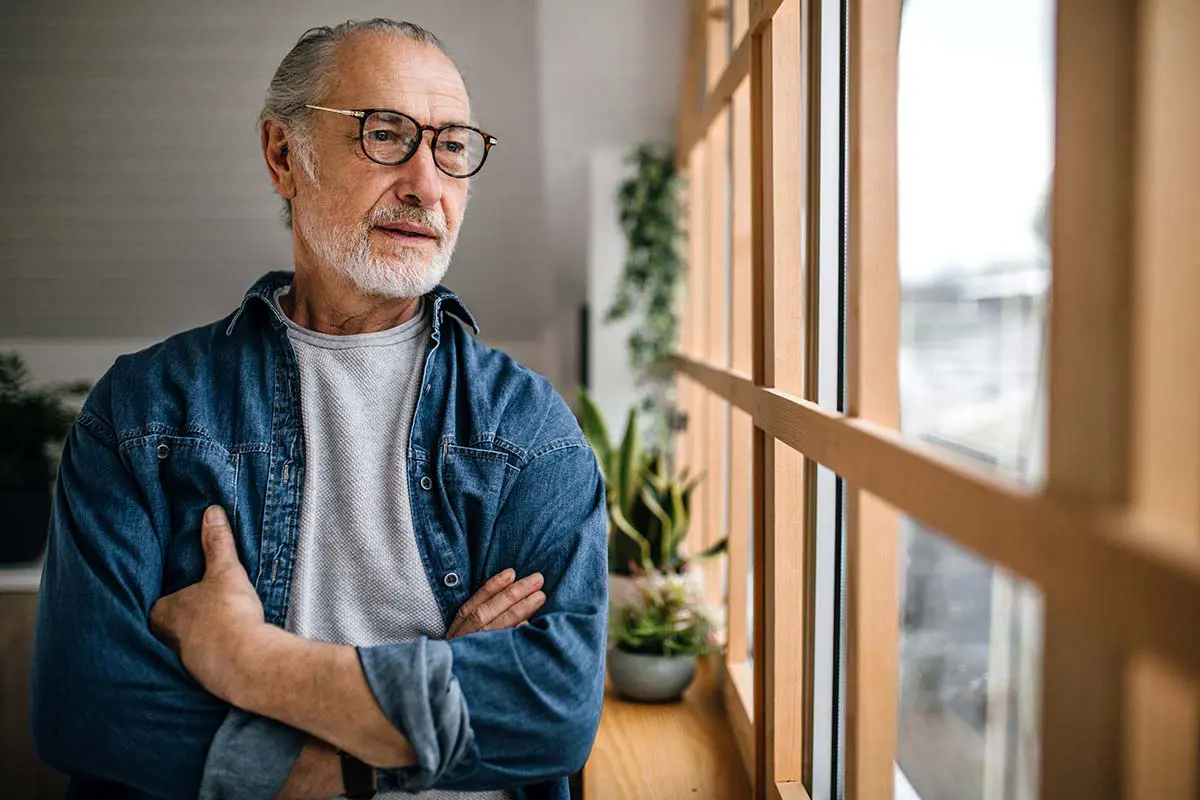Dementia affects 5 million people worldwide. The population most affected by dementia is the elderly — only 9% of people with dementia are younger than 65. While dementia brings a myriad of well-known cognitive and physical problems to those affected, there is a lesser-known side-effect of dementia diseases that is just as harmful.
Unfortunately, people with dementia and Alzheimer’s disease are more likely to be victims of elder abuse than those without dementia diseases.
Here’s what you need to know about dementia and elder abuse.
1 in 10 People Suffer from Dementia
One out of every ten older Americans has dementia, according to research conducted by Columbia University.
The rate of dementia increases sharply the older we get. 3% of people in their 60s have dementia, but those numbers climb to 35% once people reach their 90s.
What is Dementia?
Dementia is an umbrella term covering a range of neurological conditions and diseases that affect the brain and worsen over time.
Alzheimer’s Disease is the most commonly diagnosed type of dementia, accounting for 60-80% of dementia diagnoses.
How Does Dementia Affect the Elderly?
Alzheimer’s and dementia cause loss of memory and cognitive functions. Over time, dementia diseases can destroy nerve cells and impact the part of the brain associated with learning and memory.
Increasingly severe symptoms can include:
- Disorientation
- Changes to mood and behavior
- Confusion about people, places, time, and events
- Unfounded suspicions about loved ones and caregivers
- Worsening and severe memory loss and behavioral changes
- Difficulty walking, speaking, and swallowing
How Does Dementia Increase the Risk of Elder Abuse?
Unfortunately, evidence suggests that people with dementia are more likely to be abused than those without dementia diseases.
Dementia can cause psychological or behavioral symptoms such as agitation and aggression in patients. This aggression can add tension and intensify conflicts between dementia patients and their caregivers, increasing the risk of verbal abuse, physical abuse, and neglect.
The Chicago Health and Aging Project (CHAP) study found that every one point decline in cognitive function scores was associated with an increase in risk for elder mistreatment. As cognitive decline increased, so did the risk of elder abuse or neglect. This same study identified a sharp increase in severity of self-neglect, the ability to care for one’s own health and hygiene, with declining cognitive function scores.
Most devastating of all, research suggests the risk of mortality associated with abuse and self-neglect may be higher in adults suffering from Alzheimer’s or other dementia diseases. One study of older adults with the most severe cognitive impairments who had self-neglected or been abused had significantly higher rates of mortality compared to those who did not report self-neglect or abuse. Self-neglect in particular was associated with higher rates of neuropsychiatric-related mortality.
Who Protects the Elderly Against Abuse?
Cognitive diseases such as dementia can make it difficult for elderly persons to understand or self-report abuse. Federal and state laws are in place to help protect vulnerable populations, like the elderly, against abuse, maltreatment, and neglect.
Local Long-Term Care Ombudsman
Long-Term Care Ombudsman (LTCO) programs are authorized by the federal Older Americans Act as well as state-specific legislation. Ombudsmen are advocates for residents of nursing homes, board and care homes, and assisted living facilities. Most state Ombudsman programs are housed in their State Unit on Aging.
Annually, the Ombudsman program investigates an average of nearly 200,000 complaints nationwide. Part of an Ombudsman’s duties are to protect residents' rights and dignity and address potential abuse or maltreatment.
Mandated Reporters
Mandated reporters are professionals designated by state law to report suspected abuse, maltreatment, or neglect of elderly or dependent adults. Most states designate these mandated reporters by profession. Mandated reporters have a legal duty to report abuse and protect the elderly, and can face criminal penalties for failing to do so.
In California, mandated reporters of elder abuse include:
- Any person who has assumed full or intermittent responsibility for the care or custody of an elder or dependent adult, whether or not they receive compensation
- Administrators, supervisors, and any licensed staff of a public or private facility that provides care or services for elder or dependent adults
- Any elder or dependent adult care custodian
- Health professionals, whether licensed, unlicensed, or interns, including therapists, counselors and others
- Emergency medical technicians and paramedics
- Clergy members
- An employee of a county adult protective services agency or a local law enforcement agency
- County in-home support services agency, county public authority
- All officers and employees of financial institutions are mandated to report financial abuse
- Notary public are mandated to report financial abuse
Mandated Reporter Training May Help Protect Elderly Dementia Patients
One of the biggest reasons that abuse goes unreported or under-reported is a lack of knowledge on the behalf of mandated reporters. Studies have shown that not knowing the signs of abuse or not knowing the processes and procedures for where and how to make a report are the biggest barriers to reporting.
After reviewing hundreds of published studies regarding barriers to reporting, researchers found professionals previously trained to recognize abuse were those most likely to comply with mandated reporting laws and report suspected abuse.
Mandated reporter training helps professionals better understand their duties and prepares them with the training and tools they need to protect elderly against abuse.
Protecting elderly patients with Alzheimer’s or dementia is incredibly important as this population is more vulnerable to abuse and self-neglect than elderly persons without dementia. Mandated reporter training is a solution that can help protect these patients and lower the rates of abuse and abuse-related mortality. Mandated reporter training isn’t just for those with a legal requirement to report.
Whether you’re required by law to report or not, everyone can help protect the elderly against abuse by being vigilant and taking training to help identify — and stop — the abuse of elderly people with dementia.



